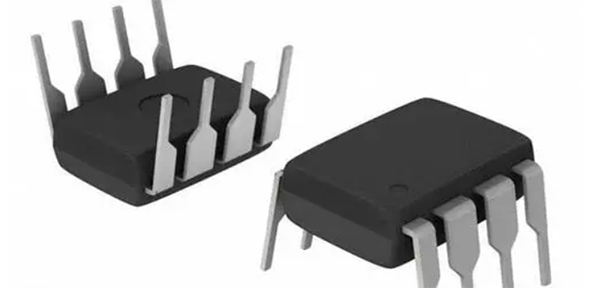MCU Application Scenarios and Global Market
A microcontroller
(MCU) is a small computer on a single integrated circuit that contains a
processor core, memory, and programmable input/output peripherals. MCU is
widely used in various embedded systems, such as automotive,
telecommunications, defense and aerospace, mobility, enterprise data
processing, medical, consumer, smartcard and secure MCU, industrial and
others. MCU can provide low-cost and high-efficiency solutions for
various applications that require sensing, processing, controlling and communicating
functions.
According to a report by Grand View Research,the global MCU market size was valued at USD 18.5 billion in 2021,and it is expected to expand at a compound annual growth rate
(CAGR) of 9.8% from 2022 to 2030. Globally,more than 29 billion units of MCUs were shipped in 2021.
The main factors driving the growth of the market are: - The increasing
demand for smart devices and internet of things (IoT) applications,which require MCUs to enable connectivity,interoperability,and intelligence
among various devices and systems. - The growing adoption of artificial
intelligence (AI) and machine learning (ML) technologies,which require MCUs to support advanced algorithms,data processing,and edge computing
capabilities. - The rising trend of miniaturization and integration of
electronic components,which require MCUs
to offer higher performance,lower power
consumption,and smaller size
than traditional microprocessors.
The global MCU market can be segmented by type ,application ,and geography .
By type ,the market can be
divided into 4-bit ,8-bit ,16-bit ,and 32-bit MCUs
. Among them ,32-bit MCUs
accounted for the largest market share in 2020 ,as they offer higher processing speed ,memory capacity ,and functionality
than lower-bit MCUs . Moreover ,32-bit MCUs are widely used in IoT ,AI/ML ,automotive ,and industrial applications ,which have higher requirements for performance and complexity .
By application ,the market can be
divided into automotive , telecommunications infrastructure , defense.







